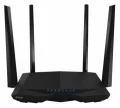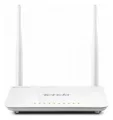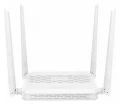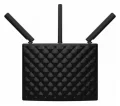Tenda F6 v4 router review
Tenda introduced the F6 v4 router in 2019. It is powered by Qualcomm Atheros QCA9535 @ 650 MHz chipset, 64 MB of RAM, and 16 MB of flash memory.
Wondering if this router is a hit? Stay tuned for the answer!
Table of Contents
- Tenda F6 v4 specifications
- Body, dimensions, weight
- System, chipset, RAM, flash, power supply
- Network, protocols, WAN and LAN ports
- Wireless, antennas, speed, security
- Connectivity
- Administration, user interface, login information
- Links
- Verdict, Pros and Cons
- Photos
- Comparisons
Our personal experiences and opinions form the basis of this article. We aimed to share insights on a topic, and we hoped others would find it useful and inspirational. If you noticed any mistakes or missing details about the Tenda F6 v4, please let us know.
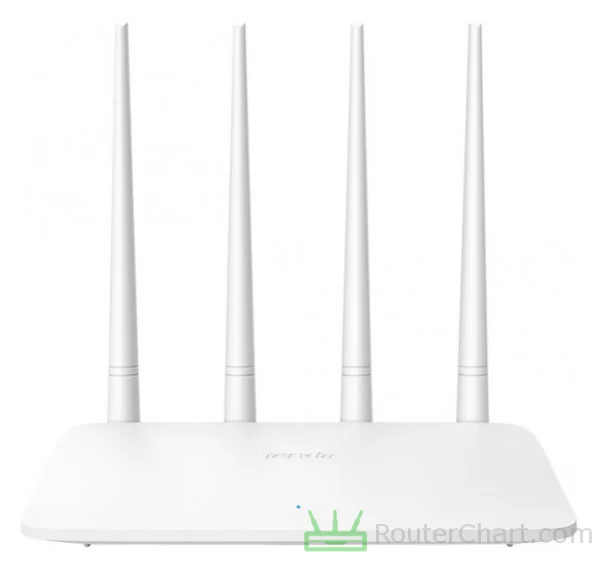
The F6 v4 has a user-friendly interface, it's suitable for users with varying levels of experience. Tenda incorporates energy-efficient features into its products, promoting sustainability and reducing power consumption.
Tenda F6 v4 specifications
| Brand | Tenda |
|---|---|
| Name | F6 v4 |
| Type | F6V4 |
| Rating | |
| Launch | 2019 |
Body
| Dimensions | 204 x 147.5 x 211 mm |
|---|
If you plan to move a lot and need to take your router with you, the size is important. Otherwise, the size isn't too crucial.
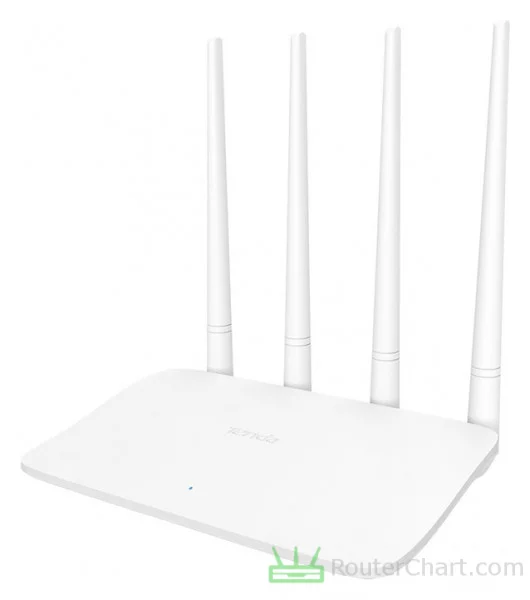
System
| Chipset | Qualcomm Atheros QCA9535 @ 650 MHz |
|---|---|
| RAM | 64 MB |
| Flash | 16 MB |
| OS | Tenda |
| Power supply | 9 V / 0.6 A |
The Qualcomm Atheros QCA9535 @ 650 MHz CPU provides processing power. The 64 MB of RAM helps the router manage many tasks concurrently
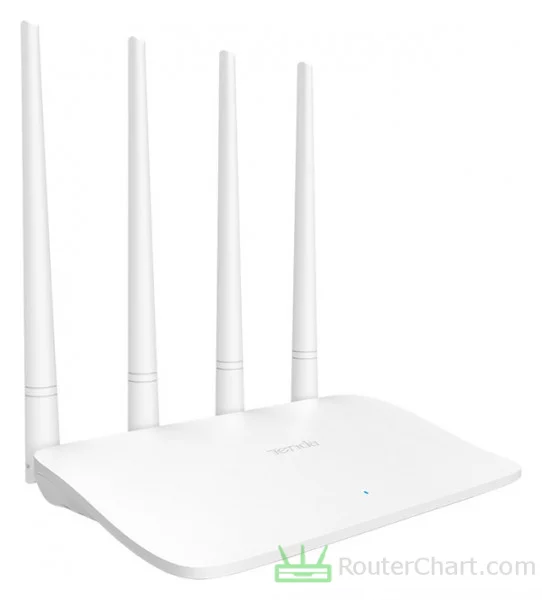
Network
| Protocols | IPv4 |
|---|---|
| LAN ports | 3 x 10/100 Mbps |
| WAN ports | 1 x 10/100 Mbps |
| Mobile network | no |
| VPN support | no |
The F6 v4 features a Fast Ethernet WAN port that has a maximum speed of 100 Mbps.
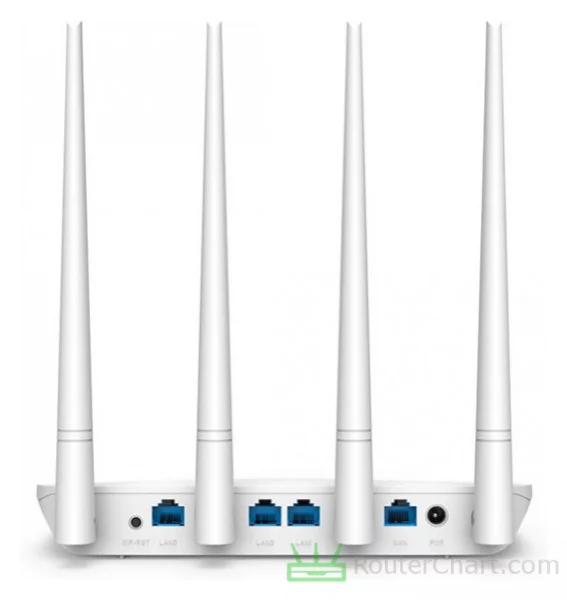
Wireless
| Antennas | 4 x 5 dBi fixed |
|---|---|
| 2.4 GHz | yes |
| 5 GHz | no |
| 6 GHz | no |
| 60 GHz | no |
| Standards | IEEE 802.11b/g/n |
| Class | N300 |
| Speed | 300 Mbps |
| Transmit power | 20 dBm |
| Security | WPA WPA2 WPS |
| Guest network | no |
The 2.4 GHz band is widely supported by many devices. Older routers have a more limited range than newer Wi-Fi standards. So, they're less suitable for larger homes or offices. The introduction of WPA2 (Wi-Fi Protected Access 2) improved upon WEP. It provides stronger security. The Wi-Fi Protected Setup (WPS) lets you join a safe wireless network with the push of a button or a simple PIN entry.
Connectivity
| USB ports | no |
|---|---|
| Print server | no |
| File server | no |
The F6 v4 router doesn't have file-server or print-server functionality.
Administration
| Default IP | 192.168.0.1 |
|---|---|
| Default username | admin |
| Default password | admin |
Changing the password often is a good security practice. It protects your network and devices from unauthorized access. Changing the default password improves your router's security. It reduces the risk of unauthorized individuals controlling your network.
Links
| Official site | https://www.tendacn.com/ |
|---|
Pros and Cons
Every router, including this Tenda one, has its good sides and not-so-good sides. Let's take a closer look at both to get a full understanding of what this router can do. Just remember, this is just what I think, and you might see things differently.
Pros
- sufficient memory
- WPS friendly
Cons
- insufficient flash
- lack of Gigabit LAN
- Non-gigabit WAN port
- missing Wi-Fi 6 support
- lacks Wi-Fi 5 compatibility
- reduced Wi-Fi bandwidth
- incompatible with WPA3
- no USB connectivity
Tenda F6 v4 photos
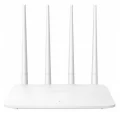
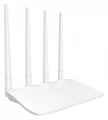
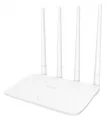
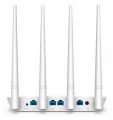

Tenda F6 v4 comparisons
We've noticed that many of our visitors like to compare the Tenda F6 v4 router with these popular models.
If there’s information about the Tenda F6 v4 that you would like to see on this site, then write to us.
Updated: July 5, 2024


